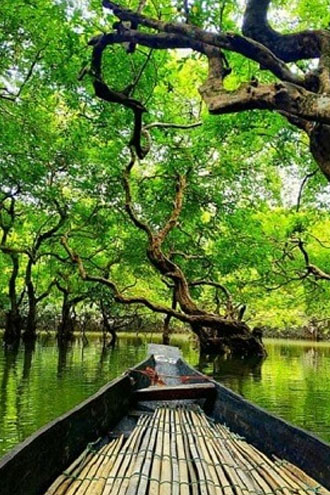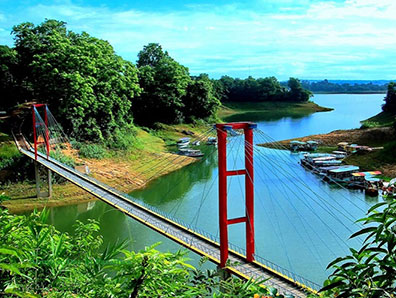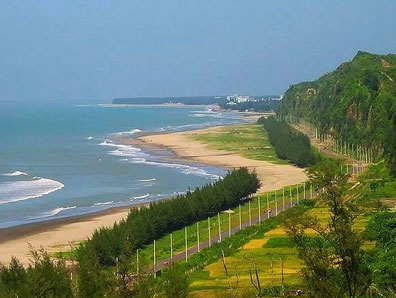The Faroe Islands are an autonomous territory of Denmark, located in the North Atlantic Ocean between Norway and Iceland. The islands have a population of around 50,000 people. The official languages are Faroese and Danish, and the currency is the Danish krone.
The economy of the Faroe Islands is primarily based on fishing and fish processing, which accounts for around 90% of exports and 80% of GDP. The fishing industry is mainly focused on pelagic fish such as herring and mackerel. The Faroe Islands also have a small but growing tourism industry, with visitors attracted to the islands' natural beauty and unique culture.
The Faroe Islands has a small and open economy, but is heavily dependent on the fishing industry and exports to Denmark. The government provides a range of services to the community, including education, health and social services, and infrastructure development. The government has been investing in renewable energy and sustainable fish farming to diversify the economy and create jobs.
The Faroe Islands has a high standard of living, with a relatively low unemployment rate and a high level of education. The country has a high level of economic and political stability, with a low level of corruption.
The Faroe Islands has a high degree of autonomy, but it still dependent on Denmark in terms of foreign policy, defense and financial assistance. The islands have been seeking more independence and self-governance, but the government of Denmark has not yet agreed to this.


